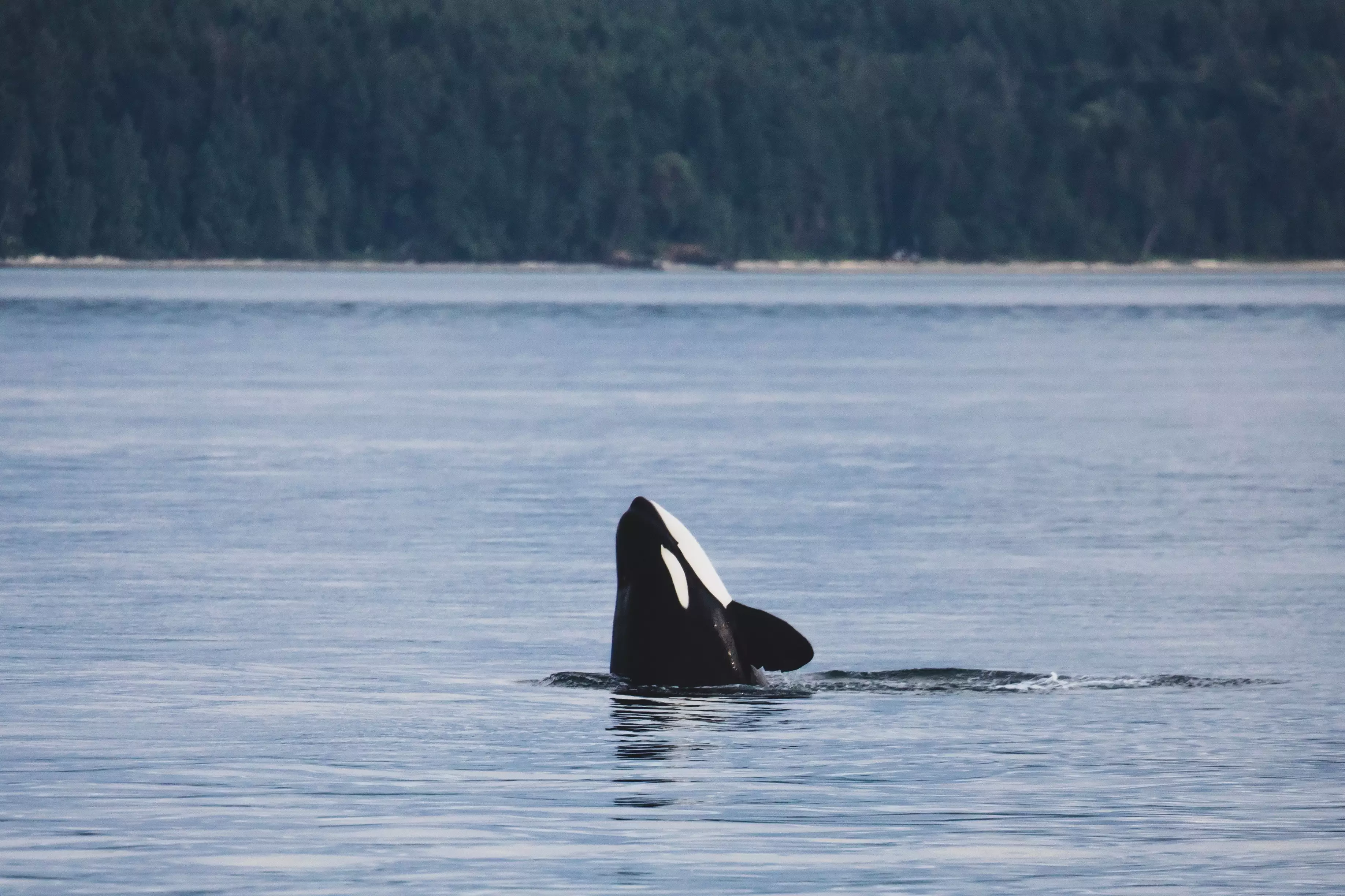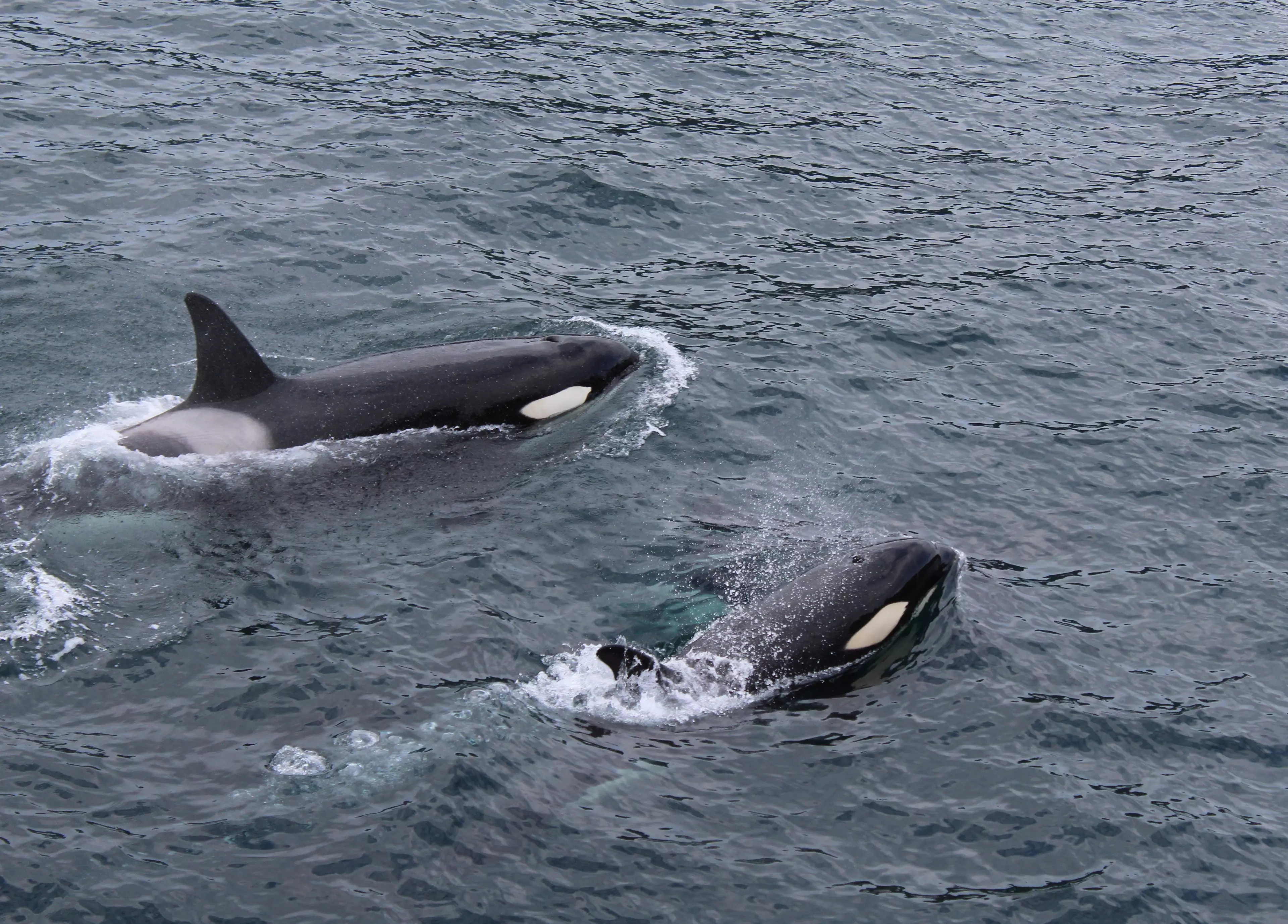
Scientists say three critically endangered whales are now pregnant, which could play a significant role in saving the species from extinction.
The potentially huge revelation was discovered via aerial drone research carried out by scientists in Washington state, according to The Independent.
Researchers in British Columbia now hope that the three pregnant killer whales could play a crucial part in moving the species away from the edge of extinction.
Advert
Washington state's husband and wife research team of Holly Fearnbach, of SeaLife Response, Rehabilitation and Research, and Dr John Durban, of Southall Environmental Associates, found that three orcas were in late-stage pregnancy during their ongoing monitoring of the area.
However, despite the good news, Dr Durban warned that hope for the recovery of the species is "fragile".
"Last year, we documented a number of other pregnant females, who were not successful in rearing calves. Unfortunately, this is not unusual and we have documented a high rate of reproductive failure over the last decade." He explained.
However, Dawn Noren, a Research Biologist at the National Oceanic and Atmospheric Administration's Northwest Fisheries Science Centre, veered a little more on the optimistic side.
Advert
"I am personally cautiously optimistic," said Noren.
"These three individuals have had previous calves so that's a little reason to be optimistic. There are concerns with food consumption, of course."
She highlighted that a lack of Chinook salmon, the preferred food of the orcas, could be a risk to the offspring.
"When they have their calves, they will need a lot more food when they are producing milk to feed them," Noren continued. "One-and-a-half to two times their normal prey requirements."
Advert
Noren also warned of the impact pollution in the marine environment could have.
Toxic pollutants accumulated in the whales' fat could transfer to the offspring while nursing and potentially cause neurological harm.

Josh McInnes, a researcher at the University of British Columbia, explained that killer whales have high rates of miscarriages and infant mortality.
Advert
Despite that, he did stress that there were still plenty of reasons to be hopeful.
"Having three calves being born that could possibly survive... it might just help a little," he told CBC News. "The first year is critical, killer whales have a 50-50 chance of survival especially in the first year."